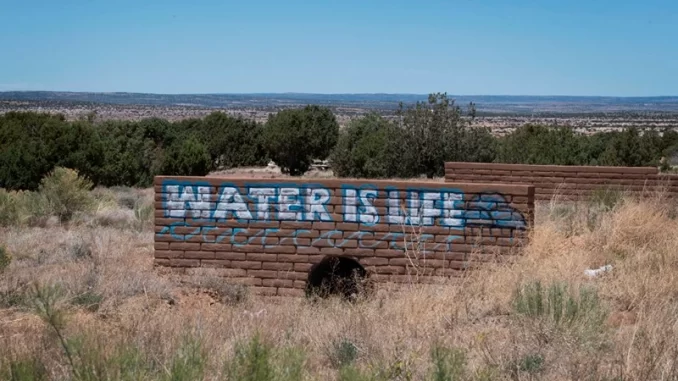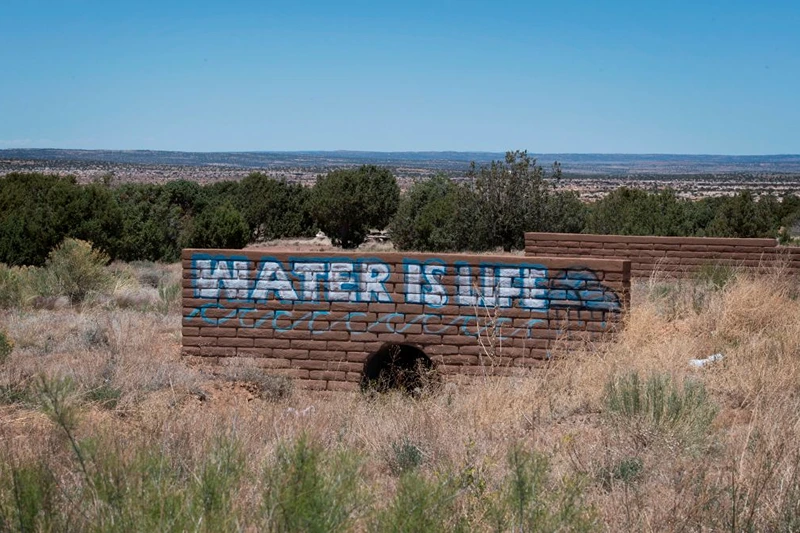

OAN’s Noah Herring
1:13 PM – Thursday, June 22, 2023
The Supreme Court ruled against the Navajo Nation on Thursday in a dispute which involved water from the Colorado River.
Advertisement
Arizona, Nevada, Colorado, and California, all draw water from this particular river, and representatives from the states urged the court to decide in their favor, which the justices did in a grueling 5-4 ruling.
Colorado argued that if the case swung in favor of the Navajo Nation, it would undermine existing agreements and cause conflict regarding management of the river.
The Biden administration also stated that if the court did decide to side with the Navajo Nation, it could open up more lawsuits from other tribes.
Navajo Nation lawyers described the tribe’s request as “modest,” claiming that they were seeking an assessment of the tribe’s water needs and a plan to meet their requirements.
The facts of the case can be dated back to the 1800’s, when two treaties between the tribe and the federal government were signed and established.
Republican Justice Brett Kavanaugh wrote for the majority, asserting that an 1863 treaty with the Navajo Nation did not require the U.S. to take any action to secure water access.
“And it is not the judiciary’s role to rewrite and update this 155-year-old treaty,” Kavanaugh said.
“Allocating water in the arid regions of the American West is often a zero-sum situation,” he continued, saying it is important for courts to leave “Congress and the president the responsibility to enact appropriations laws and to otherwise update federal law as they see fit in light of the competing contemporary needs for water.”
However, Trump-nominated Justice Neil Gorsuch joined the other Democrat justices in dissent.
Gorsuch sided with the tribe and argued that they were simply asking for the government to identify its water rights and was pushing a “simple ask.”
“They [tribal members] must fight again for themselves to secure their homeland and all that must necessarily come with it,” Gorsuch wrote.
President of Navajo Nation, Buu Nygren, said that although he was disappointed by the outcome of the ruling, he was encouraged that four justices ended up siding with the tribe.
“My job as the president of the Navajo Nation is to represent and protect the Navajo people, our land, and our future. The only way to do that is with secure, quantified water rights to the Lower Basin of the Colorado River,” Nygren said.
A federal trial court originally dismissed the lawsuit, but an appeals court later pushed it forward. The Supreme Court’s decision reverses the decision of the appeals court.
One-third of the estimated 175,000 people who live on the land, which is also the largest reservation in the country, do not have running water in their homes.
The government argued that they have continuously helped the tribe by providing money for infrastructure, pipelines, pumping plants, and water treatment facilities despite having no law or treaty that requires them to address general water needs.
Stay informed! Receive breaking news blasts directly to your inbox for free. Subscribe here. https://www.oann.com/alerts

Be the first to comment